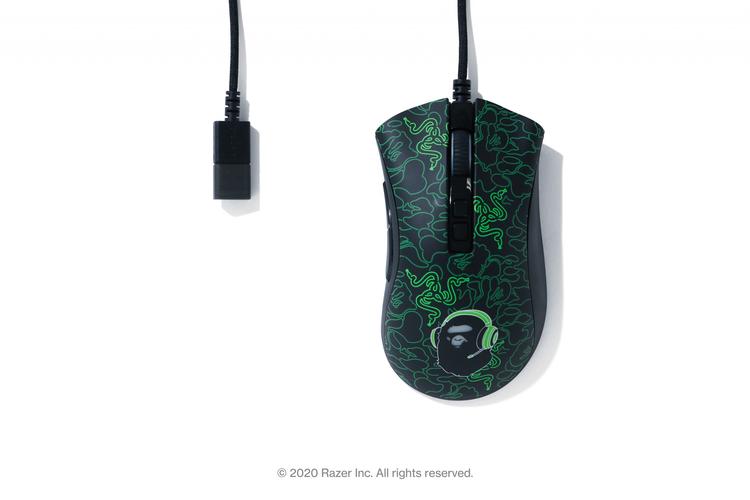
Average Bits in a Modern Gaming PC: A Comprehensive Overview
When it comes to modern gaming PCs, the term “average bits” refers to the amount of data processed by the computer’s hardware components. This includes the CPU, GPU, RAM, storage, and other peripherals. Understanding the average bits in a gaming PC can help you make informed decisions about your hardware purchases and ensure that your system can handle the latest games with ease. Let’s delve into the various aspects of this topic.
Central Processing Unit (CPU)
The CPU is the brain of your gaming PC, and it plays a crucial role in processing data. Modern gaming CPUs typically range from 4 to 16 cores, with clock speeds ranging from 3.0 GHz to 5.0 GHz. The average number of bits processed by a CPU can vary depending on the specific model and generation. For instance, an Intel Core i7-10700K processor, which is a popular choice for gaming, processes data at an average of 8 bits per clock cycle.

Graphics Processing Unit (GPU)
The GPU is responsible for rendering graphics in games, and it is one of the most critical components for gaming performance. Modern gaming GPUs, such as the NVIDIA GeForce RTX 3080, have a high bit depth, which allows them to process a large amount of data per clock cycle. The average bit depth for a modern gaming GPU is around 32 bits per pixel, which ensures that the graphics are sharp and detailed.
Random Access Memory (RAM)
RAM is the temporary storage space that your PC uses to store data that is currently being processed. Modern gaming PCs typically have 16 GB or 32 GB of RAM, with some high-end systems featuring 64 GB. The average bit depth for RAM is 64 bits, which allows for efficient data transfer between the CPU, GPU, and other components.
Storage
Storage is another important aspect of a gaming PC, as it determines how quickly your system can access and load data. Modern gaming PCs use a combination of solid-state drives (SSDs) and hard disk drives (HDDs). SSDs have an average bit depth of 8 bits per sector, while HDDs have an average bit depth of 512 bits per sector. The use of SSDs has become more prevalent in gaming PCs due to their faster data transfer rates and lower latency.
| Storage Type | Average Bit Depth | Data Transfer Rate | Latency |
|---|---|---|---|
| SSD | 8 bits per sector | Up to 5,000 MB/s | Less than 0.1 ms |
| HDD | 512 bits per sector | Up to 200 MB/s | Up to 9 ms |
Peripherals
In addition to the main hardware components, peripherals such as keyboards, mice, and monitors also contribute to the overall bit depth of a gaming PC. For example, a high-quality gaming keyboard with mechanical switches can process input at an average of 8 bits per key press, while a high-resolution gaming monitor can display images with an average of 24 bits per pixel.
Conclusion
In conclusion, the average bits in a modern gaming PC encompass a wide range of hardware components, each with its own bit depth and data processing capabilities. By understanding the average bits in your gaming PC, you can ensure that your system is equipped to handle the latest games and provide an optimal gaming experience. Whether you’re looking for a high-performance CPU, a powerful GPU, or a fast SSD, knowing the average bits in each component can help you make the best choices for your gaming setup.




